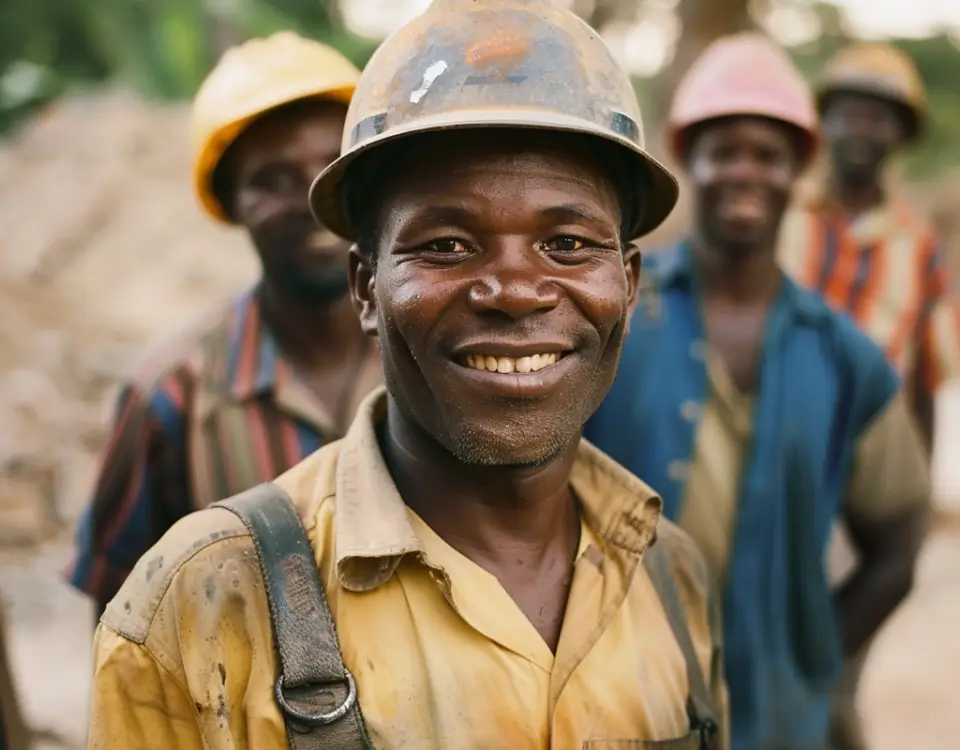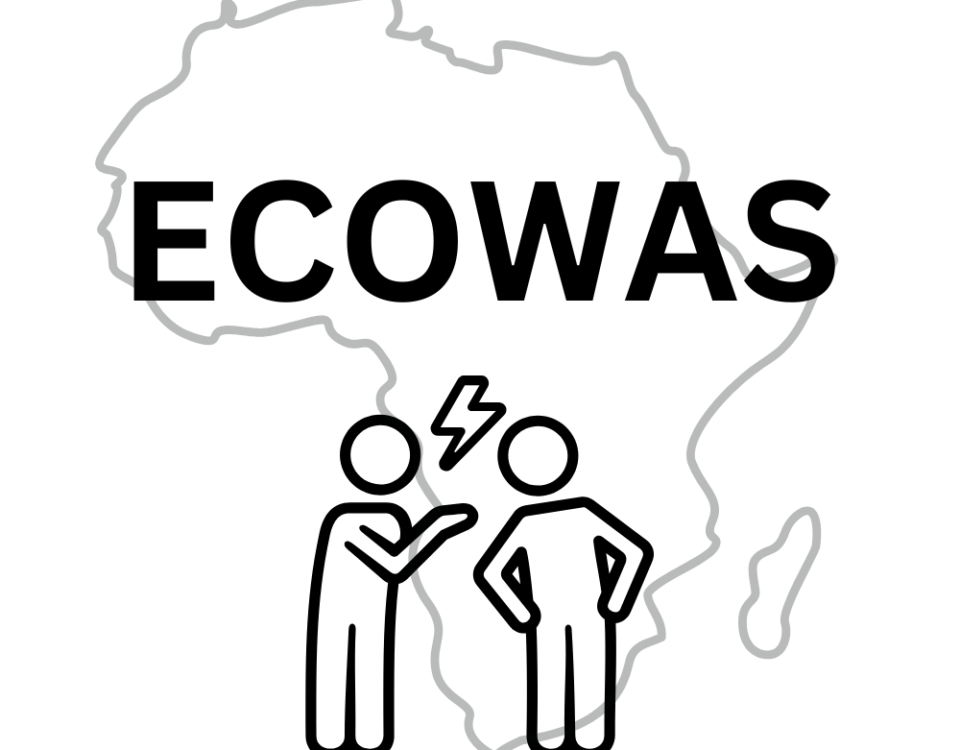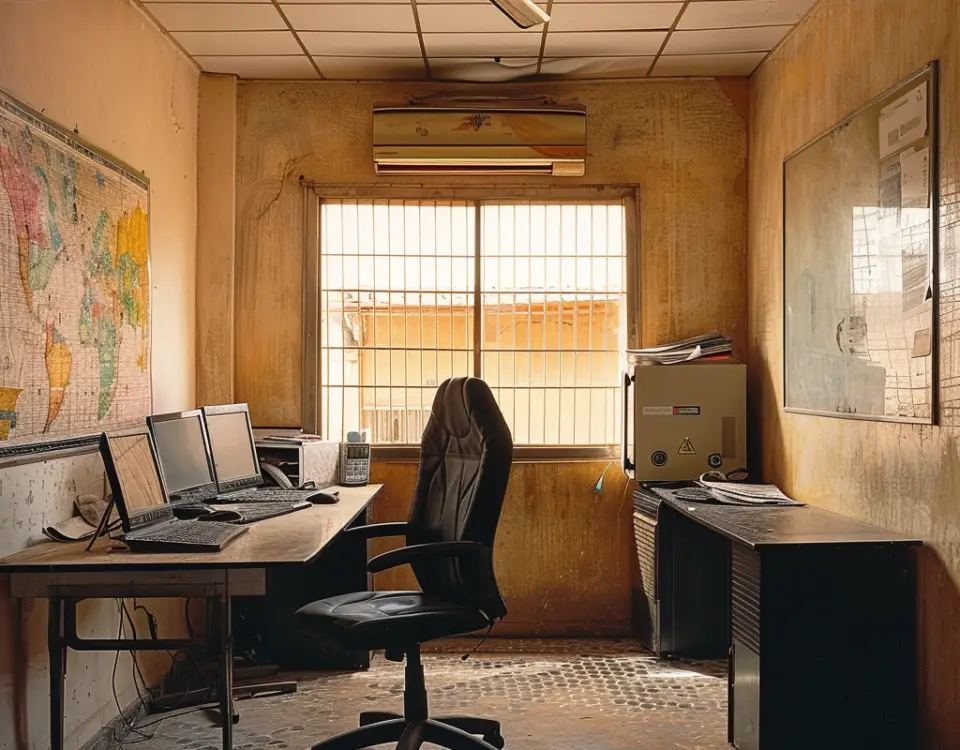Africa is more than the Western world tries to sell us...
I am Kardi Kassin. A student and a traveler. I roam Africa to explore its society, landscape and history. I also use my children’s stories to take young readers into the fascinating world of this multi-faceted continent. That’s how I can get them excited about its beauty and complexity at an early age.






